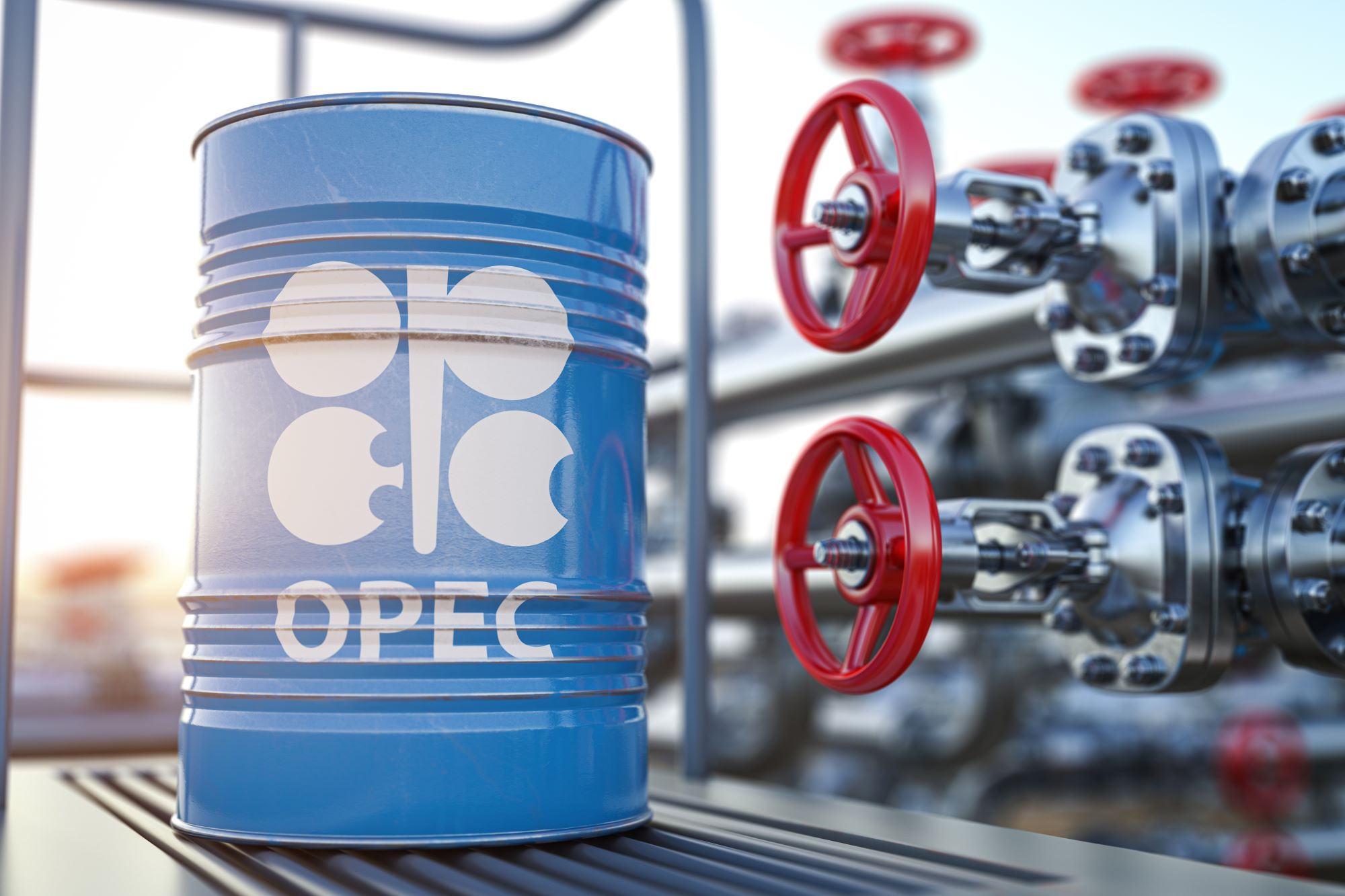
OPEC still foresees reasonably strong economic growth around the world for the rest of this year and into 2025, prompting steady demand for its oil.
The Organization of the Petroleum Exporting Countries said on Wednesday that global oil demand would jump by 2.25 million barrels per day (mbbl/d) in 2024, writing in its monthly report.
Global oil demand would also rise again by 1.85mbbl/d the following year, with both estimates almost unchanged from figures released last month.
The policymaking body also raised its estimates for global economy growth this year to 2.9%, up fractionally from a previous forecast of 2.8%.
The World Bank recently offered up a slightly lower prediction, arguing that global economic growth would stay at 2.6% in 2024.
Markets such as China, India and Latin America will drive demand, said the report, bolstered by “strong demand for air travel and healthy road mobility, including trucking”.
Sectors such as industrial development, construction and agriculture will also add to demand, along with petrochemical ventures in several countries.
However, the good news for the oil body needs to be balanced against some recent bad news, most notably that the budget committee of the US Senate has started an investigation into suspicions of collusion between several domestic oil producers and OPEC over possible price adjustment and coordination.
The committee will examine the activities and communications of almost 20 oil and gas producers, according to a statement released at the end of last week.
The investigation was prompted by claims from Democratic Senator Sheldon Whitehouse that energy giants such as ExxonMobil, Chevron and ConocoPhillips, and several smaller companies, were colluding with the Vienna-based policy body.
According to several US news outlets, the three major energy companies did not immediately respond to requests for comment. Meanwhile, two of the other big companies, BP and Shell, declined to comment.



